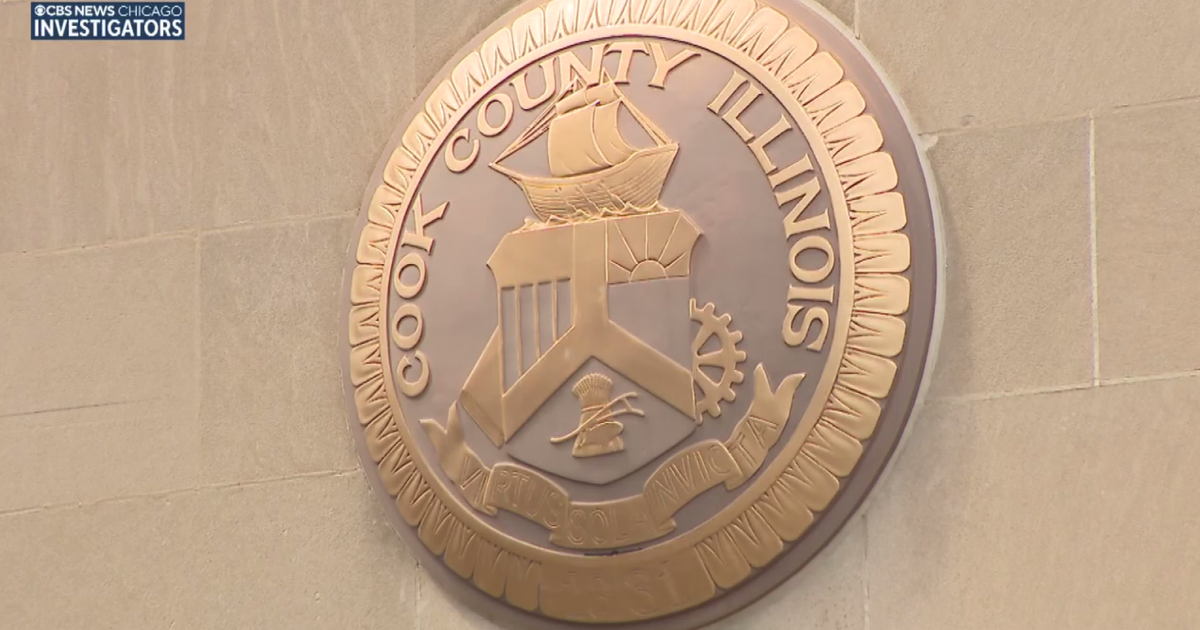Study: Personal Electronic Devices May Affect Flights
BOSTON (CBS) – It's a routine on every plane: flight attendants tell us to turn off our electronic devices. But, can your iPod really bring down a plane?
On the average flight, a lot of us tune out that safety instruction. This time, listen up.
A new study cites 75 instances since 2003 where personal electronic devices may have interfered with the communication, navigation or surveillance systems of a plane in flight.
WBZ-TV's Paula Ebben reports.
"If that interference happens at the wrong time, then it can be a threat to the aircraft and safe operations."
It is impossible to say conclusively that electronic devices were to blame, but they have been implicated in malfunctions of an autopilot, rudders, a GPS, and more.
The Federal Aviation Administration forbids any electronics during takeoff and landing and at altitudes less $10,000. Above that, airlines must demonstrate devices are safe before the FAA will authorize their use.
With new portable devices being introduced at a dizzying pace, it's hard to sort out what can be used and when.
The best guide is to listen to the flight attendant, who say that if it has an on off switch, turn it off when asked.
but you can't do that if your talking on your phone.
"People want to say goodbye to their loved ones. You know, we get that. But there's a time and a place for it," said
The use of electronic devices is forbidden below 10,000 feet. They are allowed above that altitude because experts feel if pilots have a problem higher up, they will have time to find it and fix it.
Some phones and music players have a "flight" or "airplane" mode you can turn on. That disables anything the phone transmits, including Wi-Fi, Bluetooth and GPS signals.







